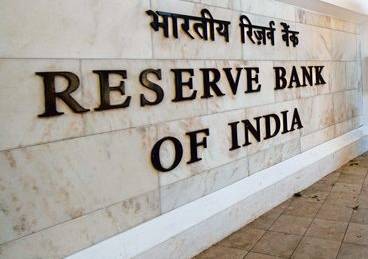A PoS infrastructure can have physical or digital features to allow online payments for goods or services…reports Asian Lite News
The Reserve Bank of India has created a ‘Payments Infrastructure Development Fund’ to encourage acquirers to deploy ‘Points of Sale’ infrastructure in tier-3 to tier-6 centres and north-eastern states.
A PoS infrastructure can have physical or digital features to allow online payments for goods or services.
“Over the years, payments ecosystem in the country has evolved with a wide range of options such as bank accounts, mobile phones, cards, etc,” the RBI said in a statement.
“To provide further fillip to digitisation of payment systems, it is necessary to give impetus to acceptance infrastructure across the country, more so in underserved areas.”
Accordingly, the Reserve Bank will make an initial contribution of Rs 250 crore to the PIDF, covering half the fund and remaining contribution will be from card issuing banks and card networks operating in the country.
“The PIDF will also receive recurring contributions to cover operational expenses from card issuing banks and card networks. The Reserve Bank will also contribute to yearly shortfalls, if necessary,” the statement said.
“The PIDF will be governed through an ‘Advisory Council’ and managed and administered by the Reserve Bank.”

Meanwhile, the Reserve Bank of India (RBI) has imposed a penalty of Rs 2.50 crore on Bajaj Finance for violation of codes governing the methods employed to recover dues amongst others.
Accordingly, the company was found to be in violation of directions issued “on Managing Risks and Code of Conduct in Outsourcing of Financial Services by NBFCs and Fair Practices Code (FPC) for applicable NBFCs… and a specific direction to the company to ensure full compliance with FPC in letter and spirit”, said an RBI statement.
“This penalty has been imposed… taking into account the failure of the company to ensure that its recovery agents did not resort to harassment or intimidation of customers as part of its debt collection efforts and thereby failing to adhere to the aforesaid directions issued by RBI,” it said.
The central bank noted that there were persistent or repeat complaints about recovery and collection methods adopted by the company.
“This action is based on deficiencies in regulatory compliance and is not intended to pronounce upon the validity of any transaction or agreement entered into by the company with its customers.”

Leave a Reply